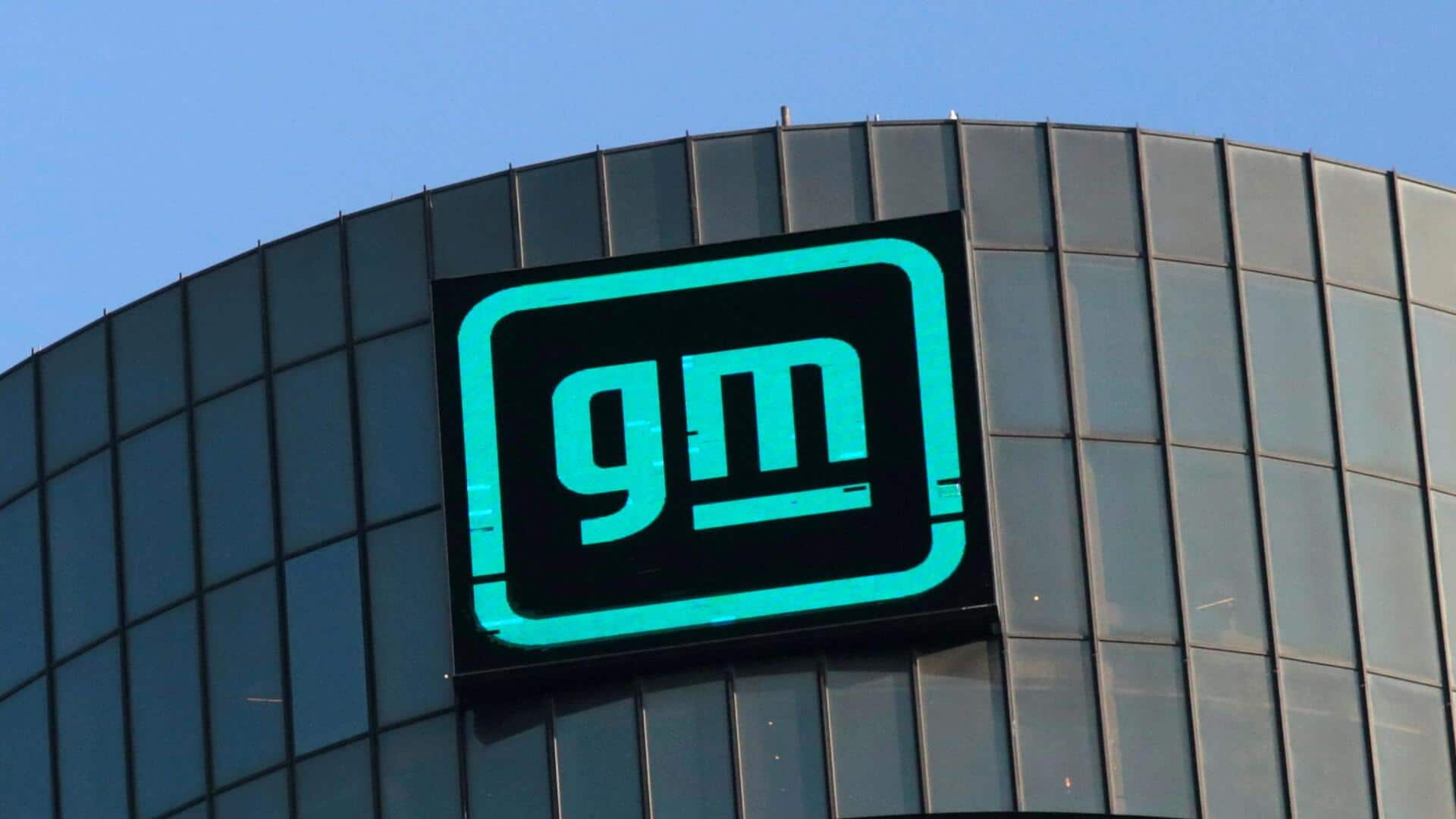
General Motors reaches tentative agreement with UAW, ending 6-week strike
What's the story
General Motors (GM) and the United Auto Workers (UAW) union have come to a tentative agreement. This marks the end of the first simultaneous strike involving the Detroit Three automakers, which also include Ford Motor and Chrysler owner Stellantis. The strike, which started on September 15, affected nearly 50,000 workers. The UAW's tactic of escalating targeted strikes led to billions of dollars in losses for the Detroit Three and suppliers over a period of more than 40 days.
Details
Record wage and benefit hikes achieved
The tentative agreements with GM, Ford, and Stellantis represent significant wins for auto workers. They have experienced stagnant wages and difficult concessions made by the union in the aftermath of the 2008 financial crisis. The UAW managed to secure considerable improvements in pay and retirement benefits, reversing concessions on other issues that were agreed upon in contracts over the last 15 years. US President Joe Biden praised the agreement, saying, "I think it's great," and expressing his support for UAW.
What Next?
UAW's precedent-breaking strategy
In an unprecedented move, the UAW negotiated with all three automakers at once, using the possibility of strikes at crucial plants to speed up a bidding war among the firms to prevent further walkouts. UAW President Shawn Fain kept most members working to accumulate strike funds and gradually expanded the strike when negotiations hit a standstill. Fain criticized the Detroit Three for prioritizing executives and investors over workers and claimed that the UAW's achievements would benefit blue-collar workers nationwide.
Insights
Automakers' concerns and future negotiations
The Detroit automakers contended that meeting UAW's demands would increase costs and place them at a disadvantage compared to Tesla and nonunionized foreign brands like Toyota. Prior to the GM announcement, UAW shared its commitment to growth through social media, stating its desire for negotiations in 2028 to be between the union and the "Big Five or Big Six." Both Ford and GM recently revealed plans to slow down EV buildouts due to a decrease in demand for these vehicles.